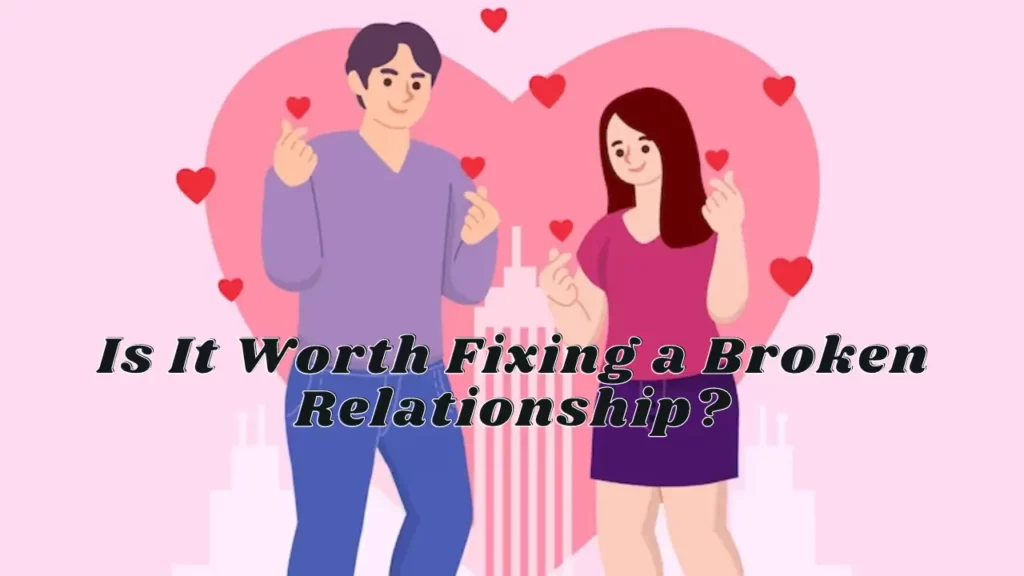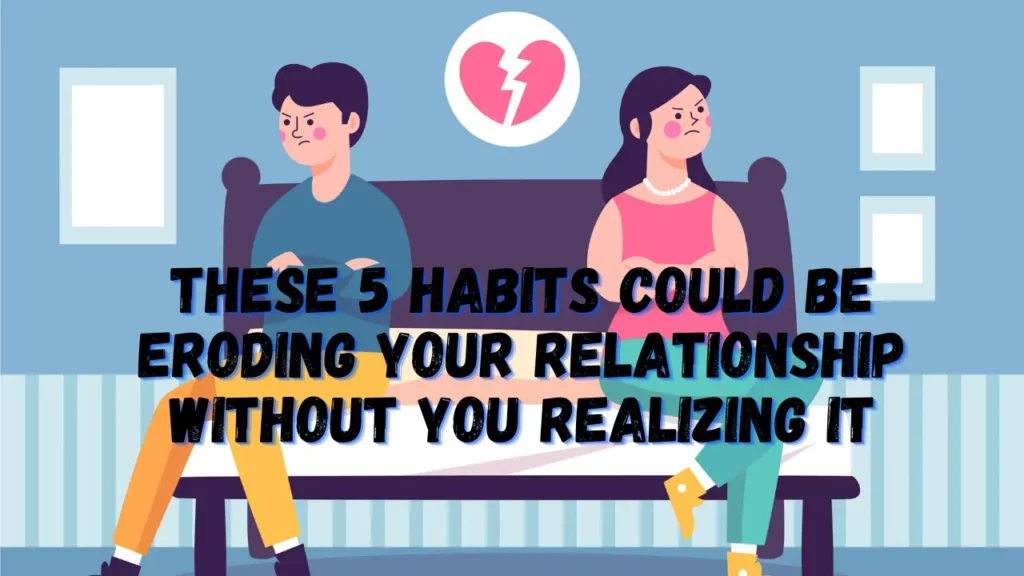The end of any close relationship (whether a friendship or a couple) leaves both parties with pain that is difficult to calm. But it is possible to solve it.
The end of any close relationship (whether a friendship or a couple) leaves both parties with pain that is difficult to calm. Although each situation is unique, we all go through moments of relief, sadness, and anger after a breakup… Our head is a roller coaster of feelings; putting on the brakes to see the situation with some perspective isn’t easy.
But after the storm, there always comes calm, and no matter how hard the breakup was, we can all repair a relationship. “Whoever he had, he retained,” as the saying goes. According to Dr. Susan Krauss, a professor of psychology at the University of Massachusetts, there are three key steps we must take if we want to reconnect with a loved one who, for whatever reason, has disappeared from our lives.
Related: How to Save your Marriage when your Husband doesn’t Love You?

1. Examine and assess the situation
After a breakup, assessing each person’s circumstances is important before starting an approach. To start, think about what you hope to achieve after recovering from your relationship with your ex: do you want him to be your partner again? Do you want to build a friendship relationship? These are important issues that must be clear before making any move since your well-being and that of the other person are at stake.
Humble people have an easier time forgiving their ex-partners and reestablishing ties.
If you are the one who broke up and think you have made a mistake, you must have things clear because by reestablishing contact, you will send a contradictory message. If you have been abandoned, your attempts to repair the relationship may only serve to maintain the pain over time.
We must also keep in mind that not all people have the same ease in recovering a relationship. Humble people have an easier time forgiving their ex-partners and reestablishing ties, prouder people have it much more difficult.
2. Take stock of what you can gain and what you can lose
Repairing a relationship has costs and benefits. The most obvious cost is that you may be rejected, with the increased pain that entails, but, furthermore, if you try to reestablish the relationship because you have feelings of guilt, you may be making a wrong decision (perhaps you have precipitated a breakup that was going to happen). Sooner or later, you don’t want to return).
An honest assessment of your situation must include a balance between the pros of maintaining contact with someone important to you versus the cons of putting yourself or your ex in a position of vulnerability. If the balance is positive, you can start planning a strategy to recover the relationship, but if not, it is better that, for the moment, you do not start something that could end badly.
3. Design a strategy
Now that you are clear that it is worth trying to recover the relationship, it is time to design a plan. It is not advisable to improvise: any false step can be disastrous for achieving your goal. Since you know the other person well, you have to know what type of approach they may like, more or less.
It is better to be aware that the other person may reject your attempts to get closer.
If you think direct contact may be too violent, try sending an email, an SMS, or making a call. If you think any of these forms of contact could harm the other person, try approaching them through a mutual friend who offers to act as a go-between. Don’t even think about making the public approach. If you are going to use Facebook, send direct messages, never write to your ex on the wall: he may feel self-conscious.
A new scenario can end in absolute rejection or full reconciliation. Something you should be clear about at this stage is that your efforts may be of no use. It is better to be aware that the other person may reject your attempts to get closer. Your ex may not respond, and you will believe that it was not worth trying, but regardless of the result, at least you have done what you considered right, and you will have learned to deal with this type of situation: the ball is no longer in your court.




